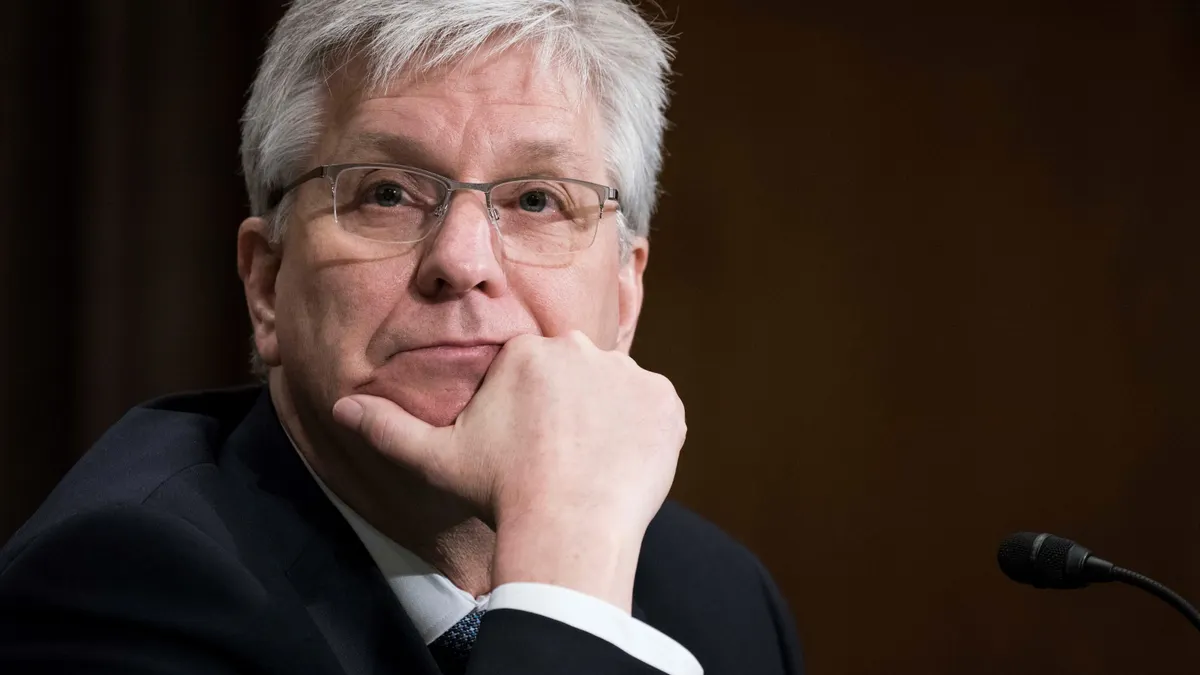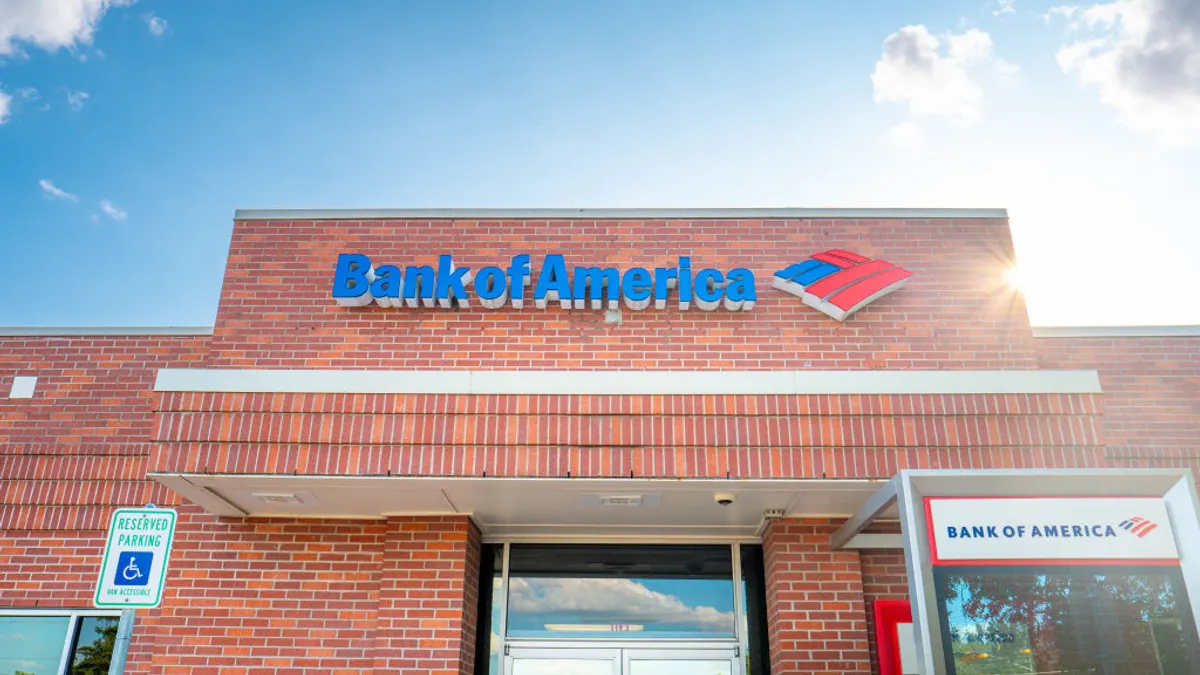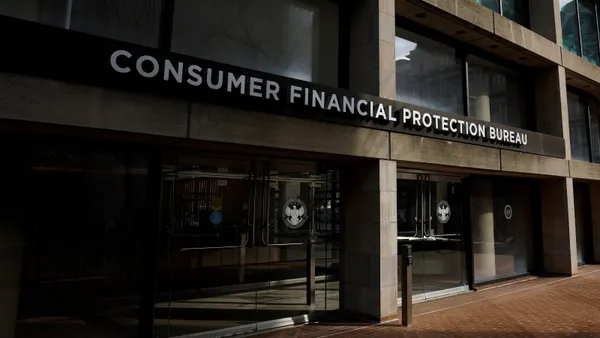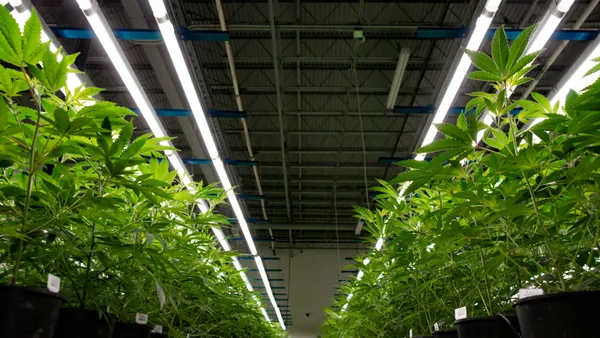The Federal Reserve could benefit from deeper engagement with payments industry “innovators” to better understand new trends and technologies, especially as the use of digital assets grows, Fed Gov. Christopher Waller said Wednesday.
The Fed is conducting “technical research” to explore innovations that include tokenization, smart contracts and artificial intelligence in payments, he said at the Wyoming Blockchain Symposium, days ahead of the Kansas City Fed’s annual Jackson Hole symposium.
“It is my belief that the Federal Reserve could benefit from further engagement with innovators in industry, particularly as there is increased convergence between the traditional financial sector and the digital asset ecosystem,” Waller said. “We are working on ways to further that engagement, so stay tuned.”
The Fed must understand “whether emerging technologies could provide opportunities to improve our existing platforms and services,” he said.
The Federal Reserve is deeply involved in the payments industry, operating the FedNow real-time payments service since July 2023, with about 1,400 participating financial institutions and $2.7 billion in daily transactions, according to a fact sheet from last month.
It also manages the Fedwire Funds Service and its regional bank system acts as an operator, along with The Clearing House, for ACH payments.
President Donald Trump nominated Waller, a former research director for the St. Louis Fed, for the Federal Reserve board in 2020. Waller has emerged among Trump advisers as the leading candidate to be the next Fed chair, Bloomberg reported last week, citing people familiar with the discussions.
Waller said the payments industry is undergoing a “technology-driven revolution,” citing instant payments settled continuously, digital wallets, mobile payment apps, stablecoins and other digital assets, alongside artificial intelligence advances.
“While there has been a lot of excitement, and admittedly sometimes hype, around the possibilities of these new technologies, there have also been some who have been fearful or skeptical of innovation in this space,” he said. “But we only have to look to history to see that the evolution of the payment system has long been a story of technological advancement.”
Waller also noted the significance of stablecoins, and the enactment last month of the Genius Act, to provide a regulatory framework for that cryptocurrency. The law “could help stablecoins reach their full potential,” he said.
Stablecoins provide a way to access and store U.S. dollars, he noted. “In fact, I believe that stablecoins have the potential to maintain and extend the role of the dollar internationally,” Waller said, noting their potential role in retail and cross-border payments.
Despite Trump’s general support for stablecoins and cryptocurrencies, he signed an executive order in January that specifically precludes the Fed, or any part of the federal government, from issuing a central bank digital currency. During the Biden administration, the Fed produced a 2022 report on the possibility of issuing a CBDC, prompting a flood of feedback.
At the Fed, Waller has taken a keen interest in payments. He also appears less reluctant than current Chair Jerome Powell to lower interest rates. Waller and fellow Trump appointee Michelle Bowman, the central bank’s vice chair for supervision, dissented last month when the Federal Open Market Committee opted not to drop its target range for rates.
Trump has made no secret of his distaste for Powell’s strategy to hold interest rates steady, badgering the Fed chair on the matter repeatedly.














